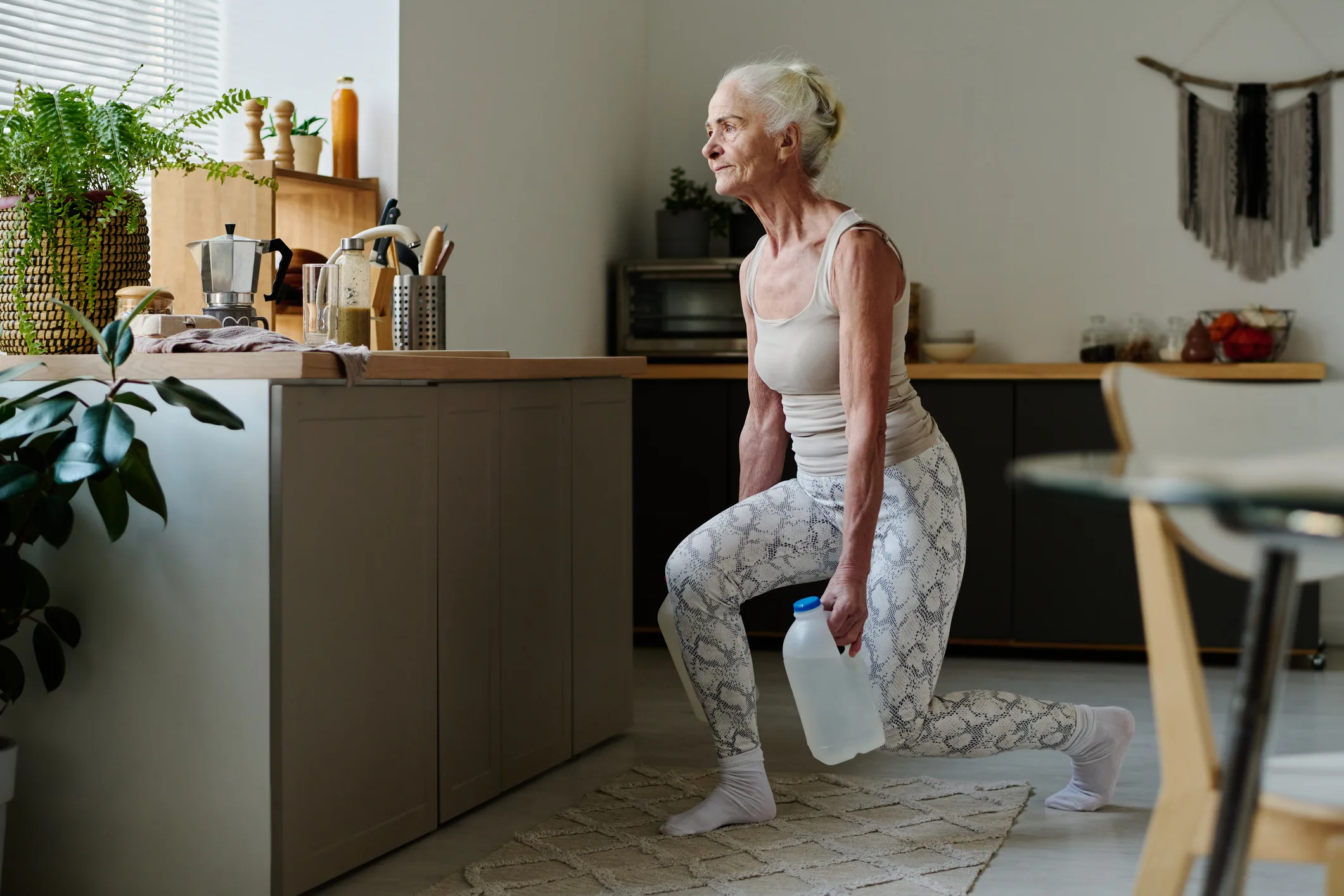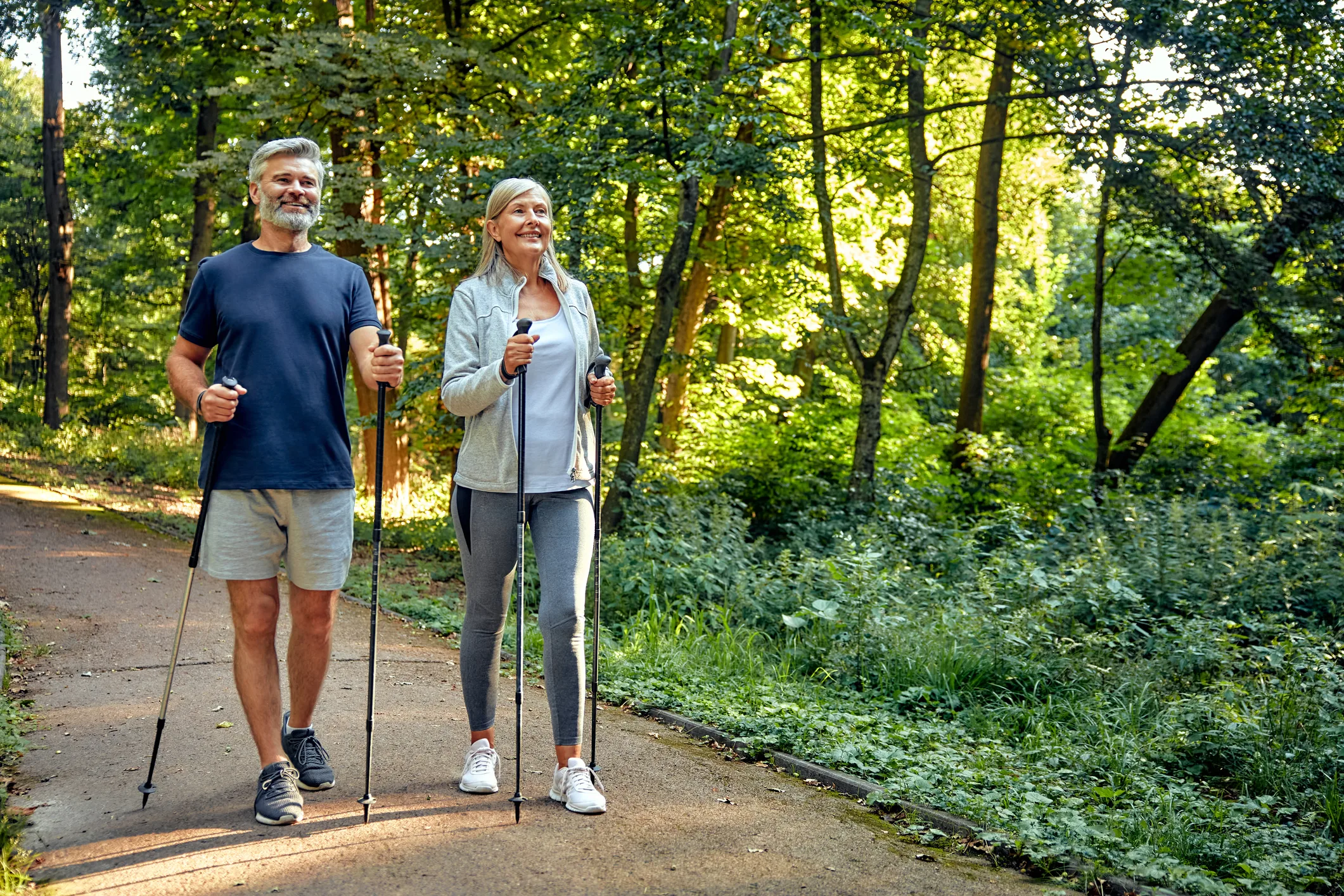Remember when we were young and could eat whatever we wanted without gaining an ounce? Ah, the good old days. Now, it seems like just looking at a bagel can add a pound. But what if there was a way to make your body work for you? We all know that exercise burns calories, which helps with weight loss. But new research suggests there’s a fascinating, behind-the-scenes process at play. Scientists have found that exercise produces a special compound that helps curb your appetite. That’s right—your workout might actually be making you less hungry.
Researchers at Baylor College of Medicine, the Jan and Dan Duncan Neurological Research Institute, Stanford University, and other institutions have discovered that a compound called Lac-Phe is a key player in this process. Their findings, published in Nature Metabolism, show that this compound, which is created during intense exercise, directly reduces appetite in mice. This isn’t just a theory; it’s a real, measurable effect.
A Powerful Partnership: Exercise and Your Brain
When you hit the gym or even just take a brisk walk, your body is doing more than just burning calories. It’s producing this secret weapon, Lac-Phe. Think of it as a natural appetite suppressant. The researchers found that after intense exercise, the amount of Lac-Phe in the blood skyrockets—not just in mice, but in humans and racehorses, too. When they gave Lac-Phe to obese mice, the mice ate less and lost weight without any negative side effects. The big question was, how does it work?
The answer lies in the most complex organ in your body: your brain.
- The Hunger Switch: Your brain has a specific area, the hypothalamus, that controls hunger. It has two types of neurons that act like a seesaw. One type, called AgRP neurons, tells you that you’re hungry. The other, PVH neurons, tells you to stop eating.
- A Clever Connection: Normally, the hunger-promoting AgRP neurons are active, sending signals that make you want to eat. But researchers found that Lac-Phe steps in and directly “shuts down” those AgRP neurons.
- The Chain Reaction: When AgRP neurons are inhibited, the “stop eating” PVH neurons become more active. This clever chain of events results in a natural reduction in appetite. The mice in the study ate less, but their overall behavior remained normal, suggesting that Lac-Phe is a gentle way to control hunger, not a harsh one.
The Future of Weight Management
This research offers a tantalizing possibility for the future. The findings suggest that targeting this specific mechanism could lead to new treatments for weight management. Imagine a therapy that uses a naturally occurring molecule to help people feel less hungry. It’s a promising idea and a potential game-changer.
Of course, this study was done in mice, and more research is needed to see how Lac-Phe works in humans. But for now, it’s one more reason to lace up those sneakers. Your workout is not only burning off that bagel from yesterday but also helping you feel less tempted by the next one. Who knew exercise could be so full of surprises?
Source:











